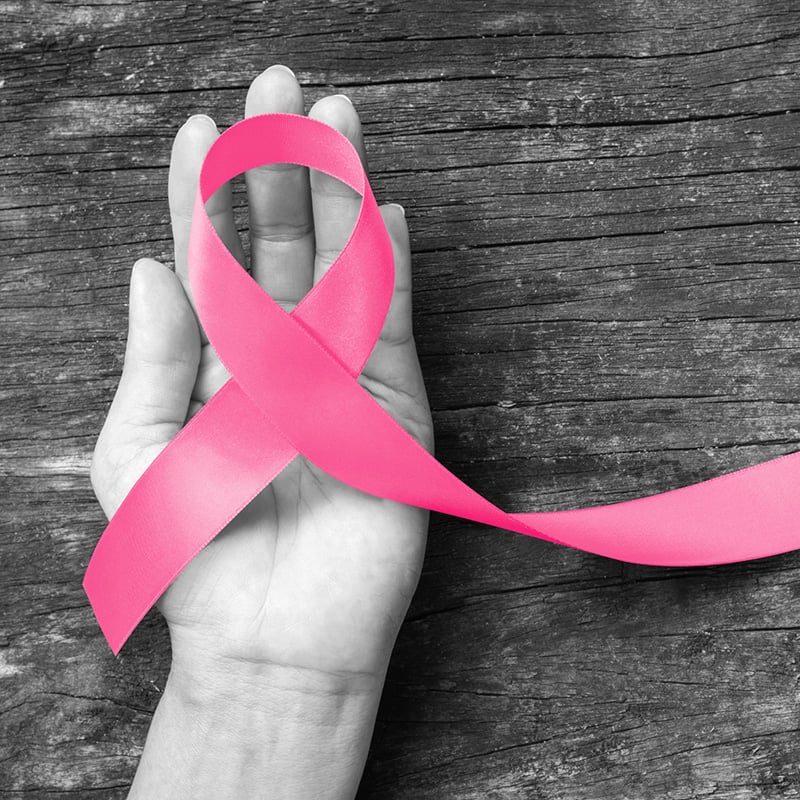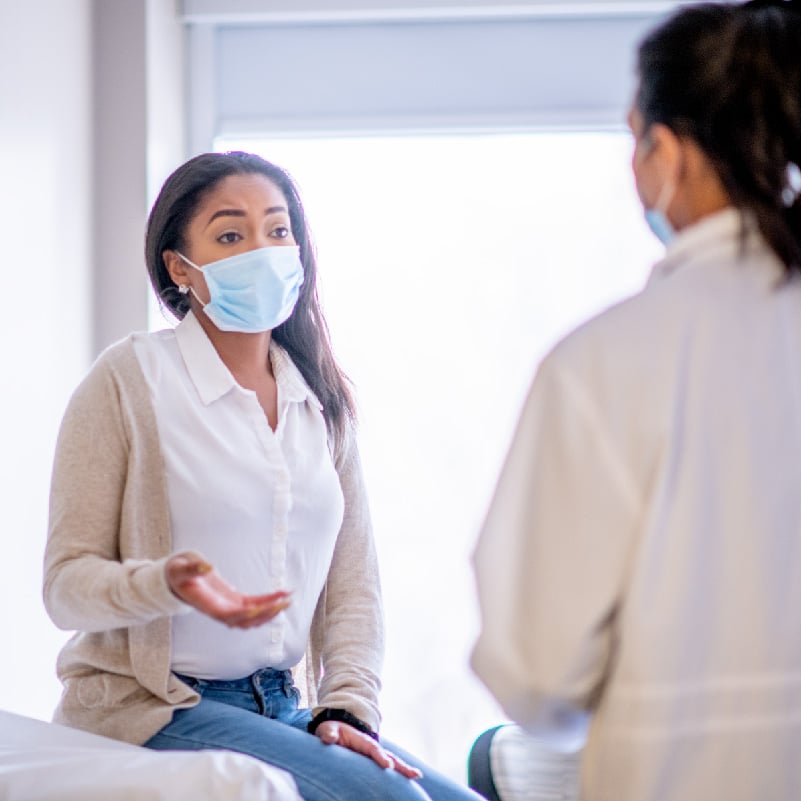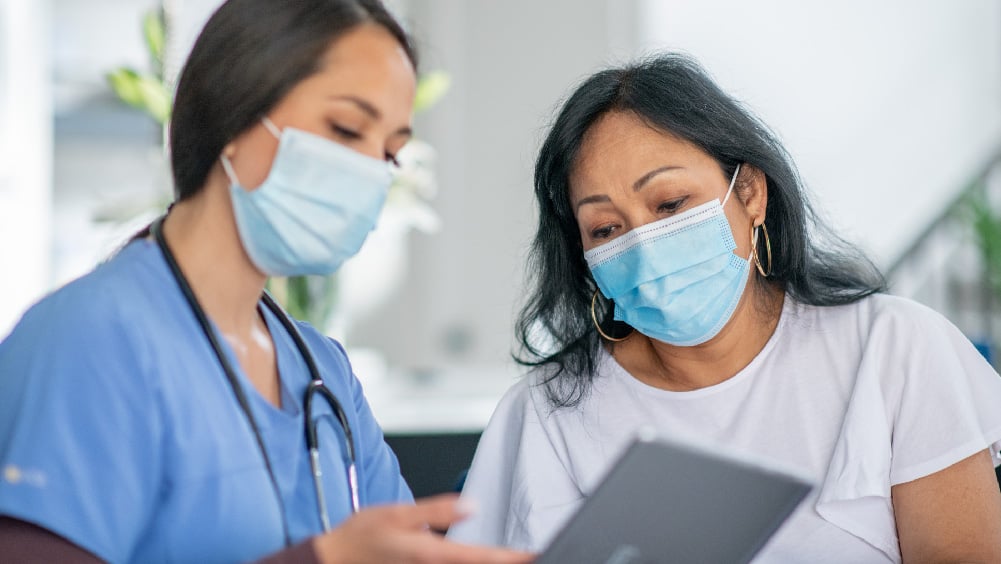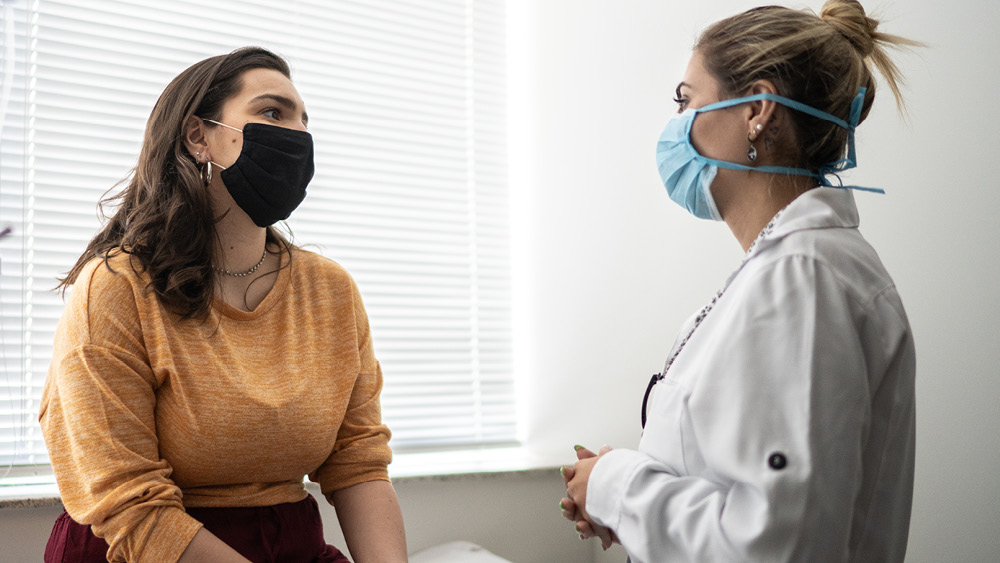Cervical cancer is a dangerous form of cancer that impacts thousands of women each year. The American Cancer Society estimates that cervical cancer will kill 4,310 women in 2023. The good news is that it’s also one of the most preventable forms of cancer. Rebecca Alicandro, MD, is an OBGYN with Rochester Regional Health, and discusses how women can recognize signs of cervical cancer, best prevention tips, and what they should know about the role of annual screenings and well-woman exams.
Signs & symptoms of cervical cancer
Unfortunately, it’s more common for women with cervical cancer to show no signs or symptoms at all. However, cervical cancer may show up in a pap test during a well-woman exam. Occasionally, women with cervical cancer will have some abnormal vaginal discharge or irregular bleeding.
Learn what happens at a well-woman visit
What age groups does cervical cancer affect the most?
The average age of diagnosis for cervical cancer is around 50, but cervical cancer can affect anyone. People who are most likely to get cervical cancer are those who have not had a pap test recently (within the past five years) or who otherwise do not access health care on a regular basis for various reasons.
Causes of cervical cancer
Almost all cervical cancer is caused by the sexually transmitted infection human papillomavirus virus (HPV). It’s estimated that 80 percent of women will have HPV at some point in their life. Like many other viruses such as the common cold or the flu, a healthy immune system will fight off this virus without issue most of the time.
"If an HPV infection persists, it can cause damage to the cells which can lead to cervical cancer," Dr. Alicandro said. "This usually happens slowly, over the course of 10 to 20 years."
Women who are immunocompromised and women who smoke are at a greater risk for cervical cancer since their immune systems have a harder time getting rid of the HPV infection.
Prevention
There are two important prevention methods:
- Get a routine pap test. If providers see abnormal cells on a woman’s pap, they can recommend follow-up testing or treatments to prevent cancer from developing.
- Get the HPV vaccine. The vaccine is currently recommended for people aged 9-26, and it’s approved for up to 45 years old. This is an amazing development that is safe and proven highly effective - particularly if received prior to any exposure to HPV. Patients can think of it as a vaccine against cancer.
Treatments
There’s a lot that OBGYN providers can do before it even becomes cervical cancer. If providers see HPV or abnormal cells on a pap test, they can perform biopsies or minor procedures to remove the abnormal cells.
If the diagnosis is ultimately cancer, the patient will be referred to an oncologist who can discuss the best treatment options.
Annual well-women exams
The purpose of a well-woman exam is to make sure a woman is up-to-date on her screening and prevention tests and also offer an age-appropriate physical exam.
"As a gynecologist, I focus a lot on breast and pelvic health," Dr. Alicandro said. "I will discuss a patient’s family history, personal health history and other factors related to their health and well-being. We do a pelvic exam if needed and make sure patients are up-to-date with their pap. It’s a great opportunity to provide education and counseling around staying healthy during all phases of life."
Schedule your well-woman exam at a practice near you.
Anything else women should know?
Each Rochester Regional Health Women’s Health provider tries to emphasize the importance for all women to have knowledge of their history and their test results. Being an advocate for yourself and understanding why it’s important to follow up and when is one of the best prevention tools in the fight against cervical cancer.








